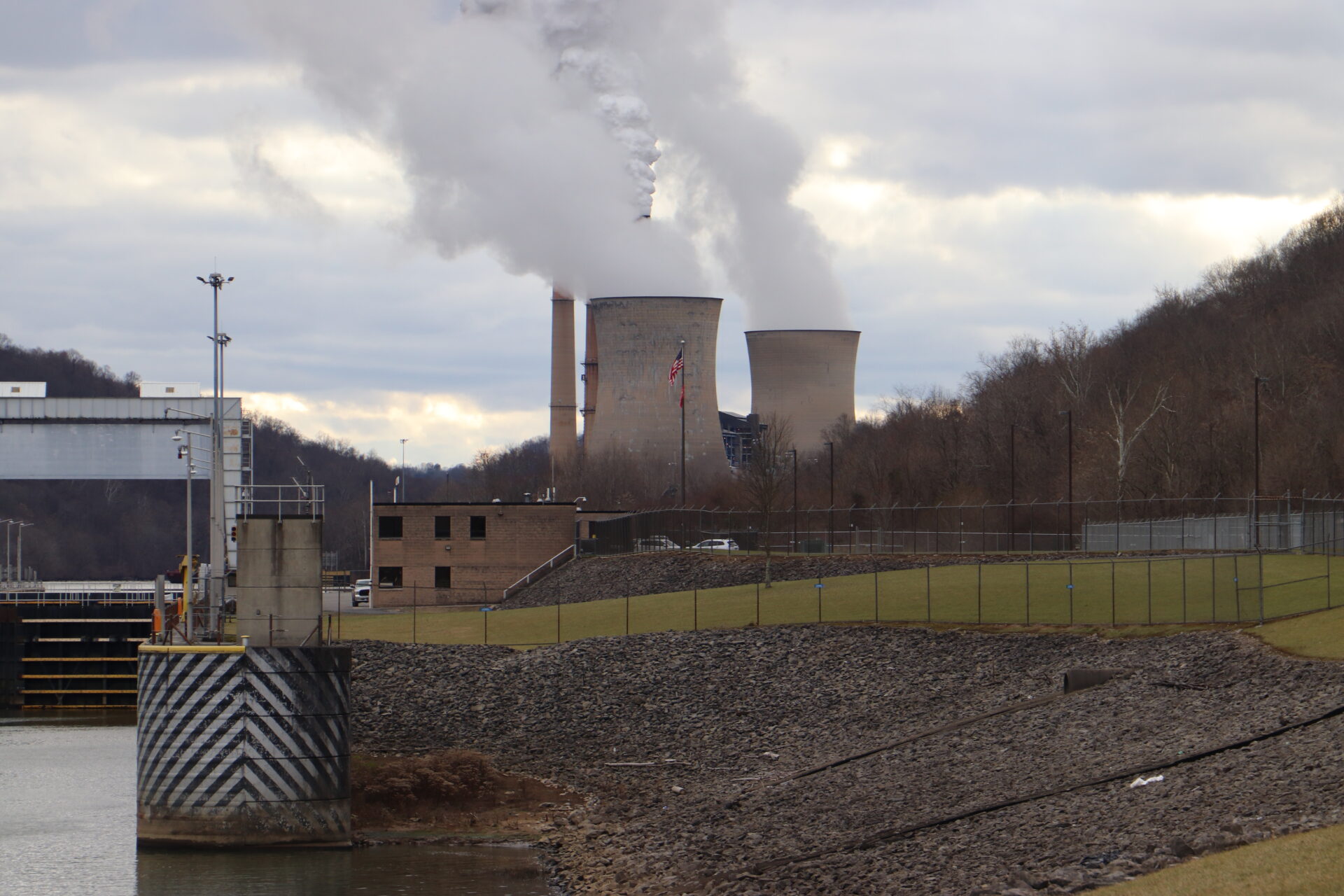In a decision Tuesday, the PSC denied the recovery of $232 million of the $553 million the company sought from electricity customers to account for higher fuel and purchased power costs from 2021 to last year.
Appalachian Power said it’s exploring legal options against the West Virginia Public Service Commission (PSC).
In a decision Tuesday, the PSC denied the recovery of $232 million of the $553 million the company sought from electricity customers to account for higher fuel and purchased power costs from 2021 to last year.
The PSC did allow the recovery of $321 million over 10 years. That amounts to $2.50 a month on the average residential customer’s bill, and they will begin paying that on Sept. 1.
In a statement, Appalachian Power President and Operating Chief Aaron Walker called the commission’s ruling “disappointing and deeply troubling.”
“Through the information and facts we presented to the commission, and the relevant legal standards, it is our position that no disallowance was warranted,” Walker said. “We are studying the order in detail and will explore all legal remedies available to us.”
The PSC paid an outside consultant to review Appalachian Power’s fuel procurement and power plant management practices during the past three years. It concluded that the company did not respond quickly enough to changes in the coal market, nor did it run its power plants when it was most economical to do so.
The company countered that it had managed its operations the best it could under challenging conditions. The economic rebound in 2021 led to a surge in demand for electricity, pushing up the price of coal and natural gas.
In 2021 and 2022, Appalachian Power and other utilities found themselves short of the coal they needed to operate their plants.
The company sought approval of a settlement that would have spread the cost out over 20 years and reduced the requested amount to $503 million.
The Kanawaha County Commission was among those opposing the settlement. The commission asked the PSC to reject the company’s entire request.
Still, commissioners applauded the PSC’s decision on Wednesday.
“It sends a clear message that excessive rate hikes will not go unchallenged, and utility companies must be held accountable for their actions,” Commissioner Ben Salango said in a statement. “We will continue our fight for fair utility rates that reflect the economic realities facing our community.”
Appalachian Power is an underwriter of West Virginia Public Broadcasting.
